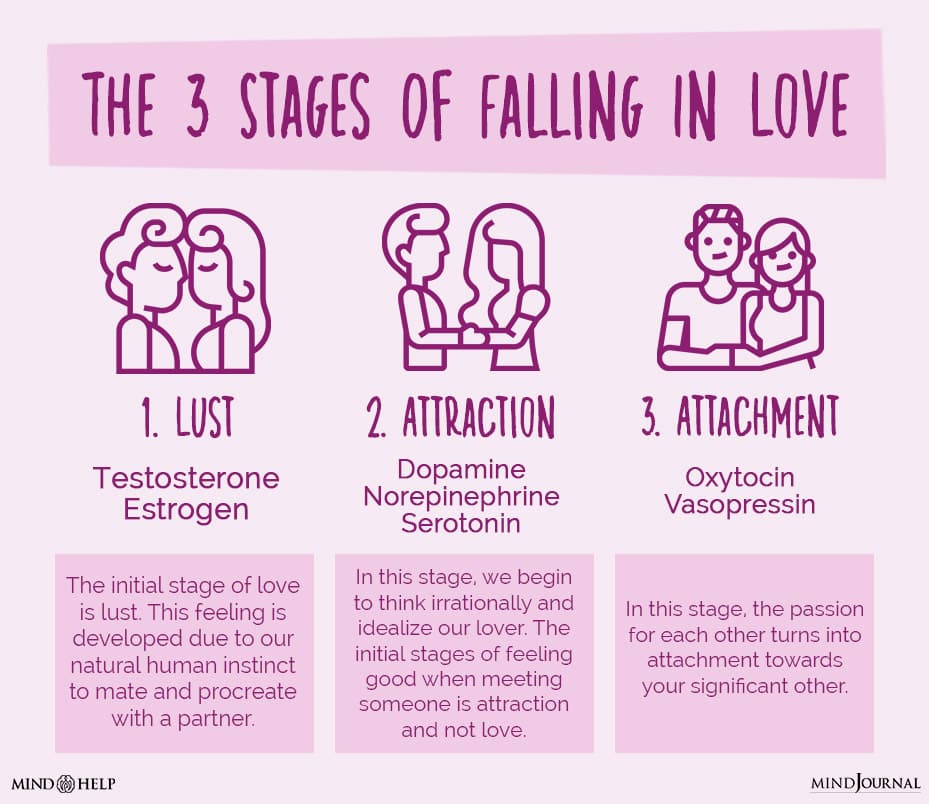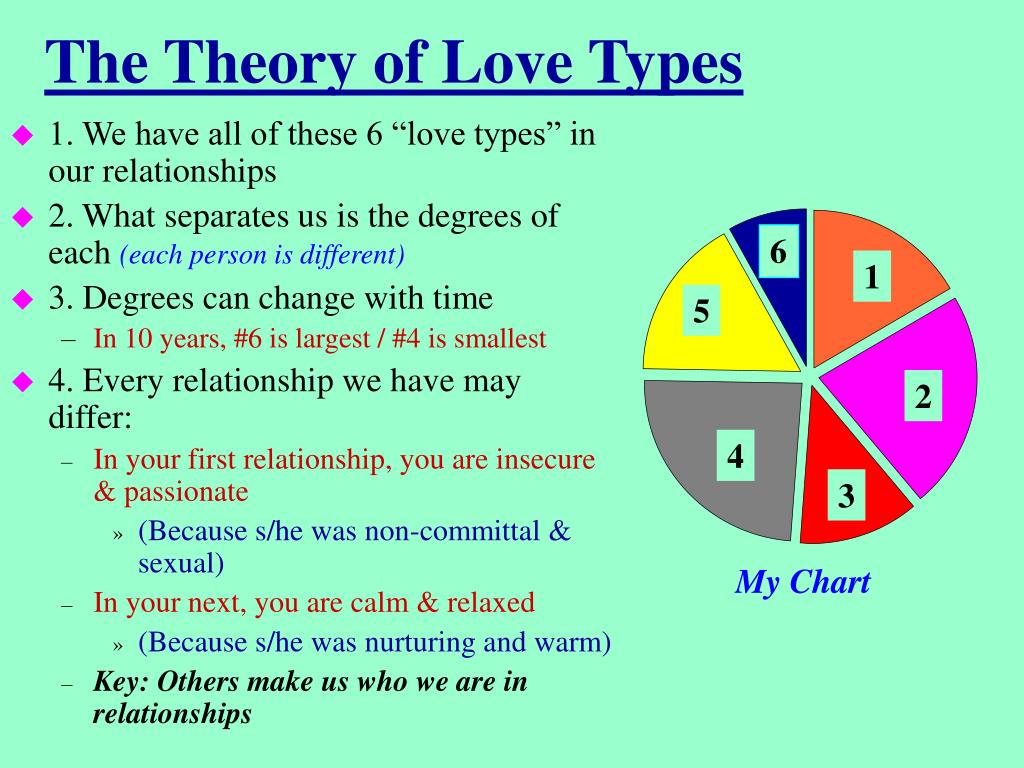Romantic love develops in stages all with their own unique levels of intensity

Romantic Love: A Journey through Intensity and Stages

Romantic love, often portrayed as an enchanting and captivating experience, is a complex emotion that evolves over time. Contrary to popular belief, it doesn’t happen instantaneously; instead, it develops in stages, each characterized by its own unique level of intensity. Understanding these stages can provide valuable insights into the dynamics of romantic relationships. So, let’s embark on a journey through the stages of romantic love.
Stage 1: Passionate Attraction

The initial stage of falling in love is characterized by intense passion and infatuation. This phase, often known as “passionate attraction,” is marked by a euphoric feeling, increased energy levels, and an irresistible desire to be close to the object of affection. It’s during this stage that we experience intense emotions, such as butterflies in the stomach and a longing to constantly think about the person we adore.
During passionate attraction, hormones such as testosterone and estrogen surge, triggering the euphoric feelings associated with romantic love. These hormones, combined with the activation of reward circuits in the brain, create a state of intense attraction and desire. It’s important to note that this initial stage is more intense and short-lived, usually lasting from a few months to a couple of years.
Stage 2: Building Attachment
As time progresses, romantic love enters the stage of building attachment. This phase involves a deeper connection and emotional bond between partners. While the initial intensity of passionate attraction may diminish, it makes way for a more profound and meaningful love.
During this stage, the hormone oxytocin plays a crucial role. Oxytocin, often referred to as the “cuddle hormone” or “love hormone,” is released during moments of physical affection, trust-building, and sexual intimacy. It fosters feelings of attachment and promotes bonding between partners. As oxytocin levels increase, couples experience a sense of comfort, security, and long-term commitment.
Stage 3: Mature Love
As romantic love matures, it enters the stage of mature love, characterized by a deep sense of intimacy and commitment. This stage represents the pinnacle of love, where partners have built a solid foundation of trust, understanding, and emotional support.
Mature love is not solely driven by intense passion or infatuation, but rather by a lasting companionship and mutual respect. Couples in this stage have weathered the storms together, demonstrating resilience and the ability to overcome challenges. It is during this phase that relationships often solidify, leading to long-lasting partnerships and even marriage.
While these stages provide a general framework for the development of romantic love, it’s important to recognize that every relationship is unique. The duration and intensity of each stage can vary between individuals and couples. Factors such as personal experiences, cultural influences, and individual personalities can shape the progression of romantic love.
In conclusion, romantic love is a journey that unfolds in stages, with each stage offering its own distinctive intensity. From the passionate attraction of early infatuation to the deep attachment and lasting commitment of mature love, understanding and appreciating these stages can enhance our understanding of the complexities of romantic relationships. So, embrace the stages, cherish the journey, and let love bloom in its own remarkable way.
Source: Harvard Gazette - Scientists find a few surprises in their study of love
Tags
Share
Related Posts
Quick Links
Legal Stuff

